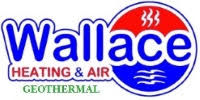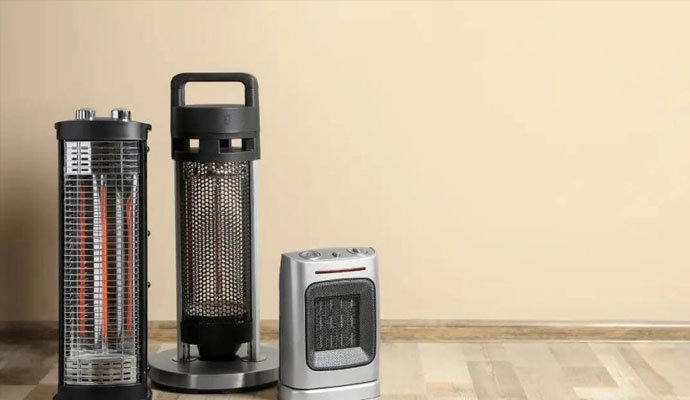With winter here, ensuring that your heater is energy efficient can save you money and reduce your environmental footprint. But how can you tell if your heater is doing its job efficiently? Here are three key ways to evaluate your heater’s energy efficiency:
1. Check the Energy Efficiency Rating (AFUE or HSPF)
Most heaters, including furnaces and heat pumps, come with a manufacturer-assigned energy efficiency rating:
- AFUE (Annual Fuel Utilization Efficiency): This measures how effectively a furnace converts fuel into heat. A higher AFUE rating (e.g., 90% or above) indicates better energy efficiency.
- HSPF (Heating Seasonal Performance Factor): Used for heat pumps, this measures heating efficiency over a season. A rating of 8 or higher is considered energy efficient.
If your heater lacks a modern rating or has a low one, it might be time to upgrade to a more energy-efficient model.
2. Monitor Your Energy Bills
A sudden or consistent spike in your energy bills can signal an inefficient heater. While energy costs fluctuate, older or poorly maintained heaters often work harder to produce the same level of comfort, leading to higher bills. Compare your current energy usage to past years—if it’s significantly higher without an obvious reason, your heater might be the culprit.
3. Evaluate Performance and Maintenance History
An energy-efficient heater should:
- Heat your home evenly and quickly.
- Operate quietly without frequent cycling on and off.
- Require minimal repairs.
Regular maintenance, such as cleaning or replacing air filters and ensuring proper airflow, is critical to efficiency. A system that frequently breaks down or struggles to maintain consistent temperatures may be outdated and inefficient.
Final Thoughts
By checking the energy efficiency rating, monitoring your energy bills, and evaluating your heater’s performance, you can determine whether your heater is operating efficiently. If your system falls short in any of these areas, consider consulting a professional HVAC technician to explore upgrades or repairs. Investing in an energy-efficient heater not only cuts costs but also contributes to a greener future.

